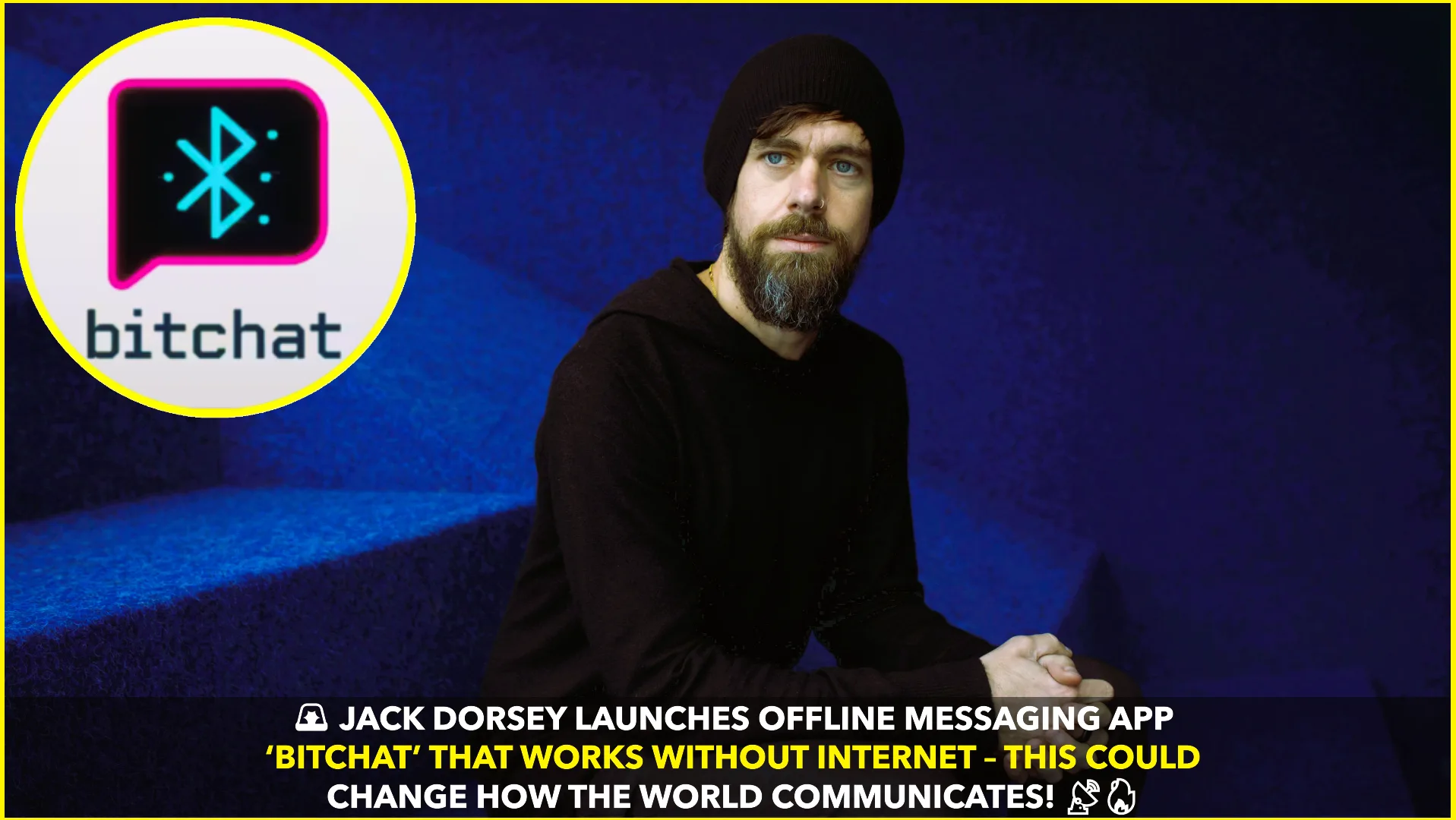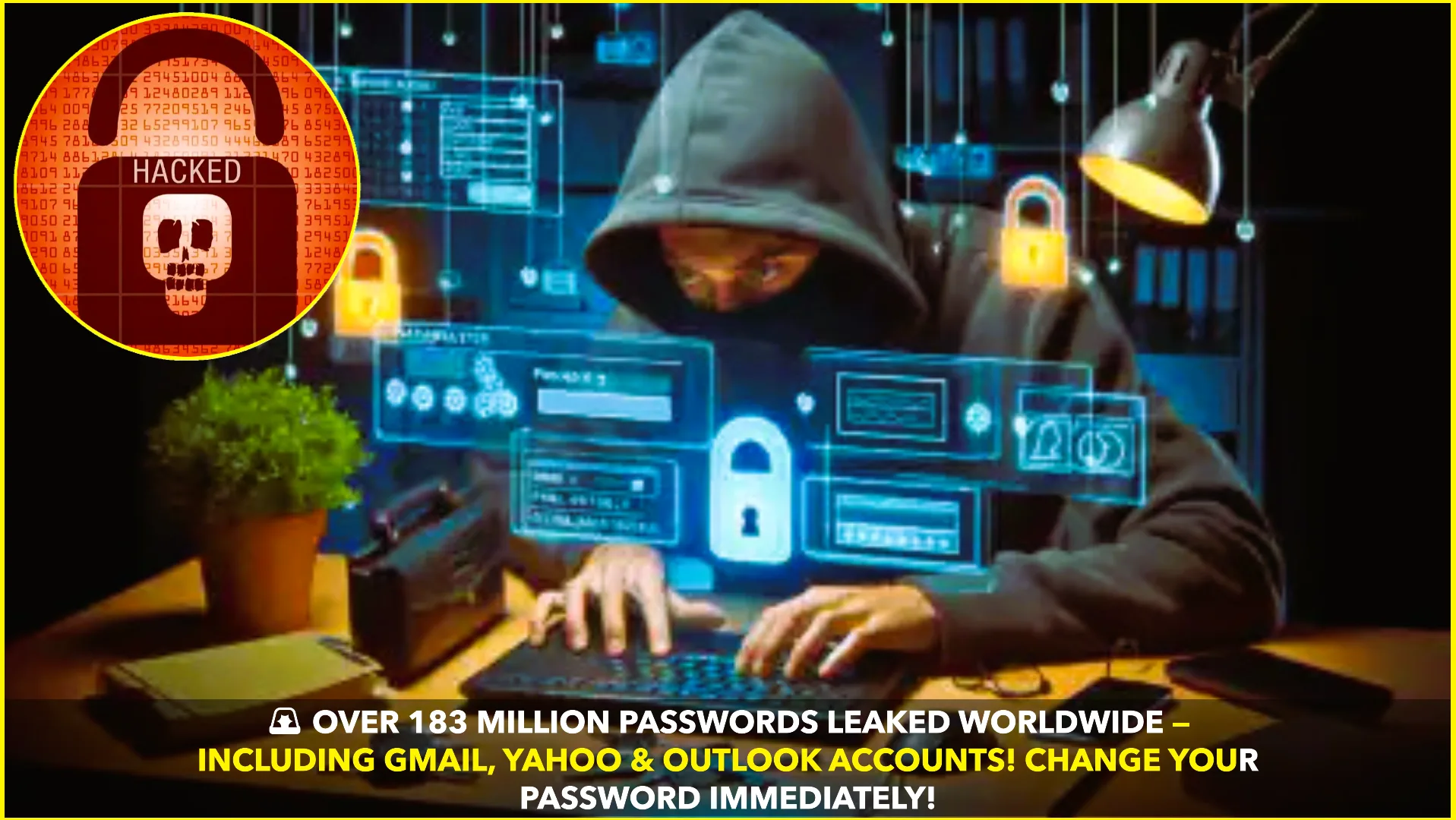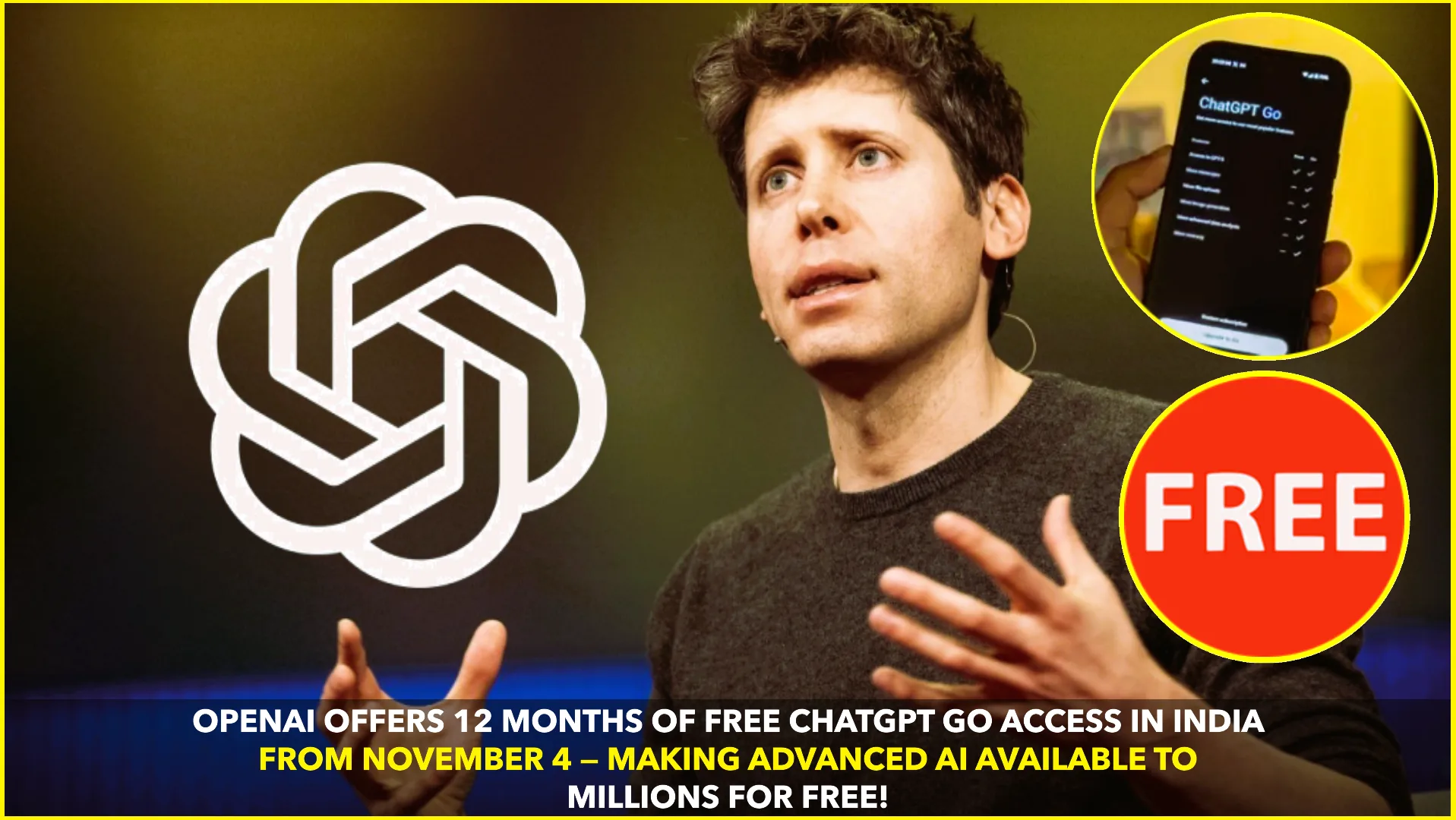In a surprising and potentially game-changing move, Twitter co-founder Jack Dorsey has launched a new messaging app called Bitchat—and it works without the internet.
This bold innovation is built on mesh networking technology, a decentralized communication system that allows users to connect directly with nearby devices using Bluetooth and Wi-Fi, bypassing traditional internet infrastructure.
What Is Bitchat?
Bitchat is a peer-to-peer messaging app developed under the umbrella of Dorsey’s decentralized tech startup BlueSky, in collaboration with a group of open-source developers focused on giving users more control over their communication tools. Unlike traditional messaging apps like WhatsApp or Telegram, Bitchat doesn’t rely on servers or cloud services to send messages. Instead, it creates an ad-hoc network between devices within range—meaning users can chat even during internet outages, natural disasters, or in areas with no cellular connectivity.
According to the official GitHub repository and initial press reports, Bitchat uses Telehash, a secure peer-to-peer messaging protocol, to encrypt and route messages across the mesh. It is fully open-source, meaning anyone can inspect, modify, or contribute to its development.
Why It Matters
In an age where privacy concerns and digital censorship are on the rise, Bitchat offers a decentralized and censorship-resistant alternative to centralized messaging services. Its offline capabilities also make it useful in remote or politically unstable regions where internet access may be restricted or heavily monitored.
Tech analysts are already calling it a “digital walkie-talkie on steroids.” Users within a range of a few hundred meters can send text messages securely, and the app can extend its reach as more users join, creating a mesh network across entire neighborhoods or cities.
Jack Dorsey’s Vision
Dorsey, who left Twitter’s CEO role in 2021, has long been a proponent of decentralization and open protocols. His latest move with Bitchat seems to align with his broader mission of democratizing access to communication technologies.
In a recent X (formerly Twitter) post, Dorsey wrote,
“The internet shouldn’t be required to talk to someone nearby. Bitchat gives us that freedom—offline, encrypted, and unstoppable.”
The app is currently in beta for Android devices, with iOS and Linux versions expected soon.
Potential Use Cases
- Protests and Civil Unrest: Helps activists communicate securely without internet.
- Natural Disasters: Provides vital communication when cell towers go down.
- Remote Areas: Bridges the gap in connectivity in rural or off-grid locations.
- Private Messaging: Adds a new layer of privacy for day-to-day communication.
Public Response
Tech communities and privacy advocates have welcomed the app, praising its open-source nature and decentralized structure. On Reddit and Hacker News, early testers have shared screenshots and reports of successful tests, confirming that it works as advertised.
However, some experts caution that widespread adoption may be limited unless mesh networking becomes more standardized across devices.
Conclusion
Jack Dorsey’s Bitchat isn’t just another messaging app—it’s a statement about the future of communication. In a world increasingly dependent on centralized networks and surveillance-heavy platforms, Bitchat offers a glimpse into a freer, more private, and resilient digital future.
With the app now in public beta and gaining momentum among privacy enthusiasts and technologists, Bitchat might just be Dorsey’s most disruptive invention yet—perhaps even more than Twitter.
Sources:










